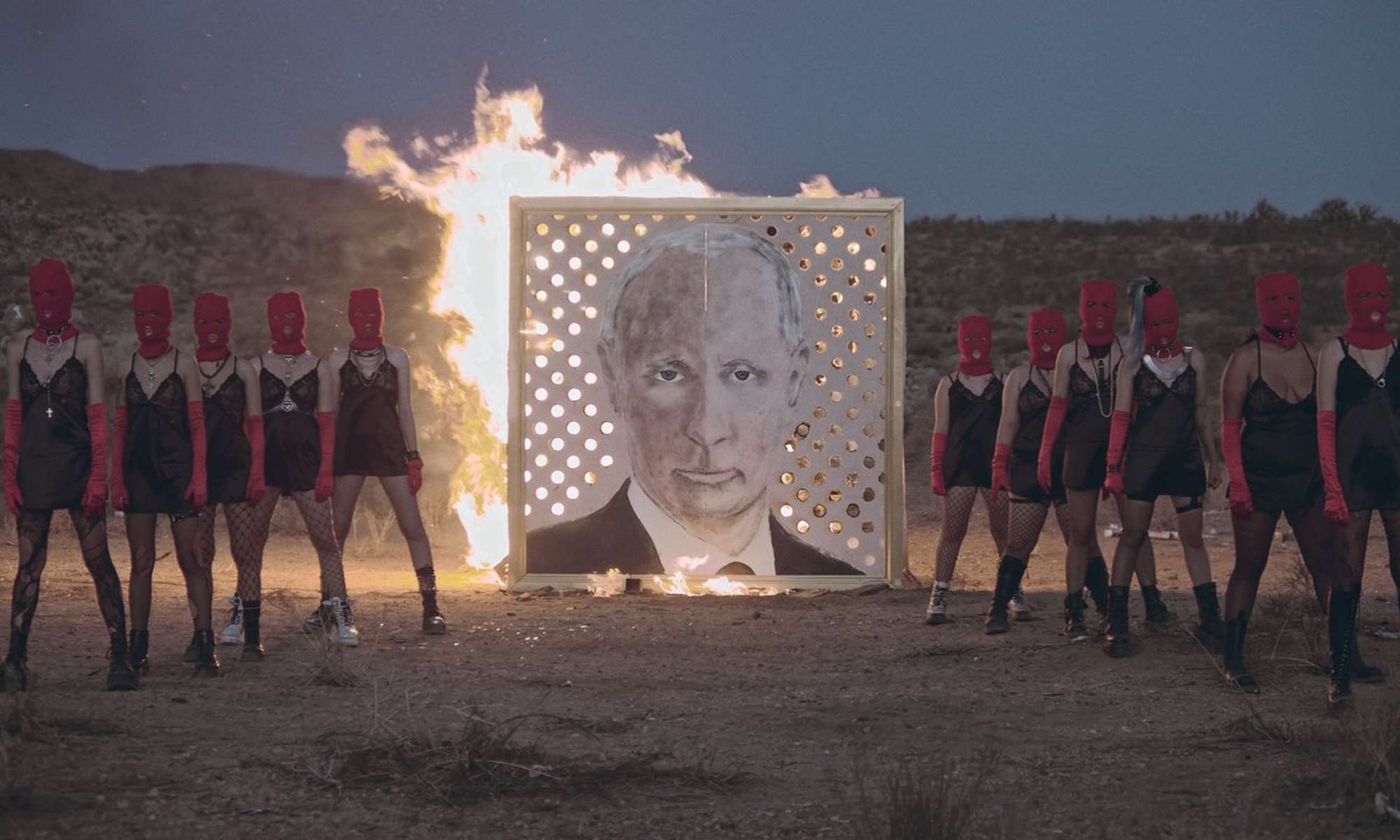A police state is a government or society in which the police have extensive powers and authority, often to the detriment of individual freedoms and rights. In a police state, law enforcement agencies are given a high level of control over the population, and there is often a lack of accountability and oversight. Citizens may be subject to surveillance, intimidation, and harsh punishment for dissent or opposition to the government. Police states are often associated with authoritarian regimes and a lack of civil liberties.
Martial law is the imposition of direct military control over civilian functions, typically in response to a crisis or emergency situation. It involves the suspension of ordinary law and the use of military force to maintain order and security. Martial law can be declared by the government in times of war, natural disaster, civil unrest, or other extreme circumstances. It often involves curfews, restrictions on movement, and the establishment of military tribunals to enforce order. Martial law is intended to be a temporary measure to restore order and is subject to legal and constitutional limitations
A curfew is a set time designated by a governing authority during which certain activities or behaviors are prohibited. It is often put in place for safety or security reasons, especially for minors, to ensure they are off the streets and at home during certain hours. Curfews can also be imposed during emergencies or times of civil unrest to help maintain order. Violating a curfew can result in penalties or fines.

